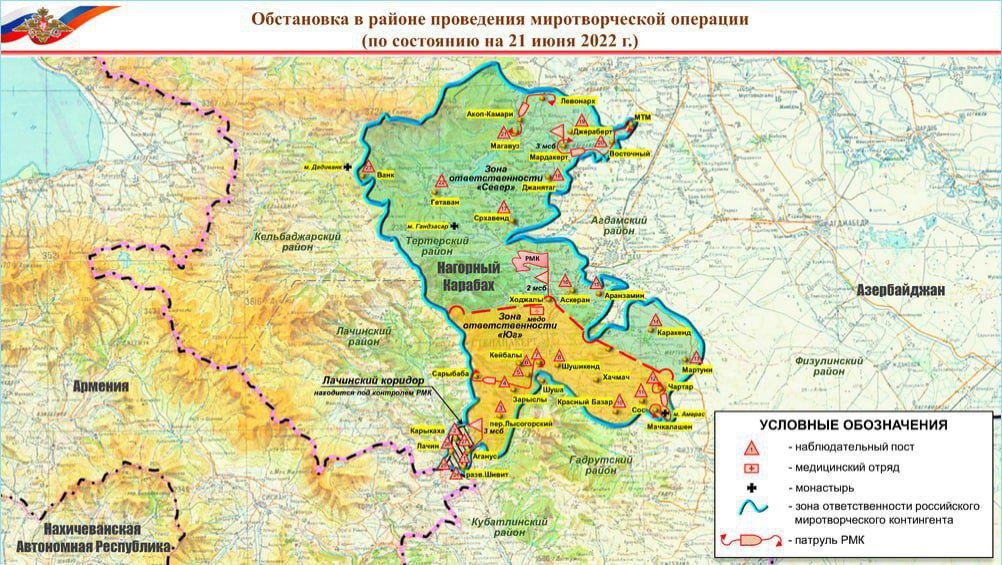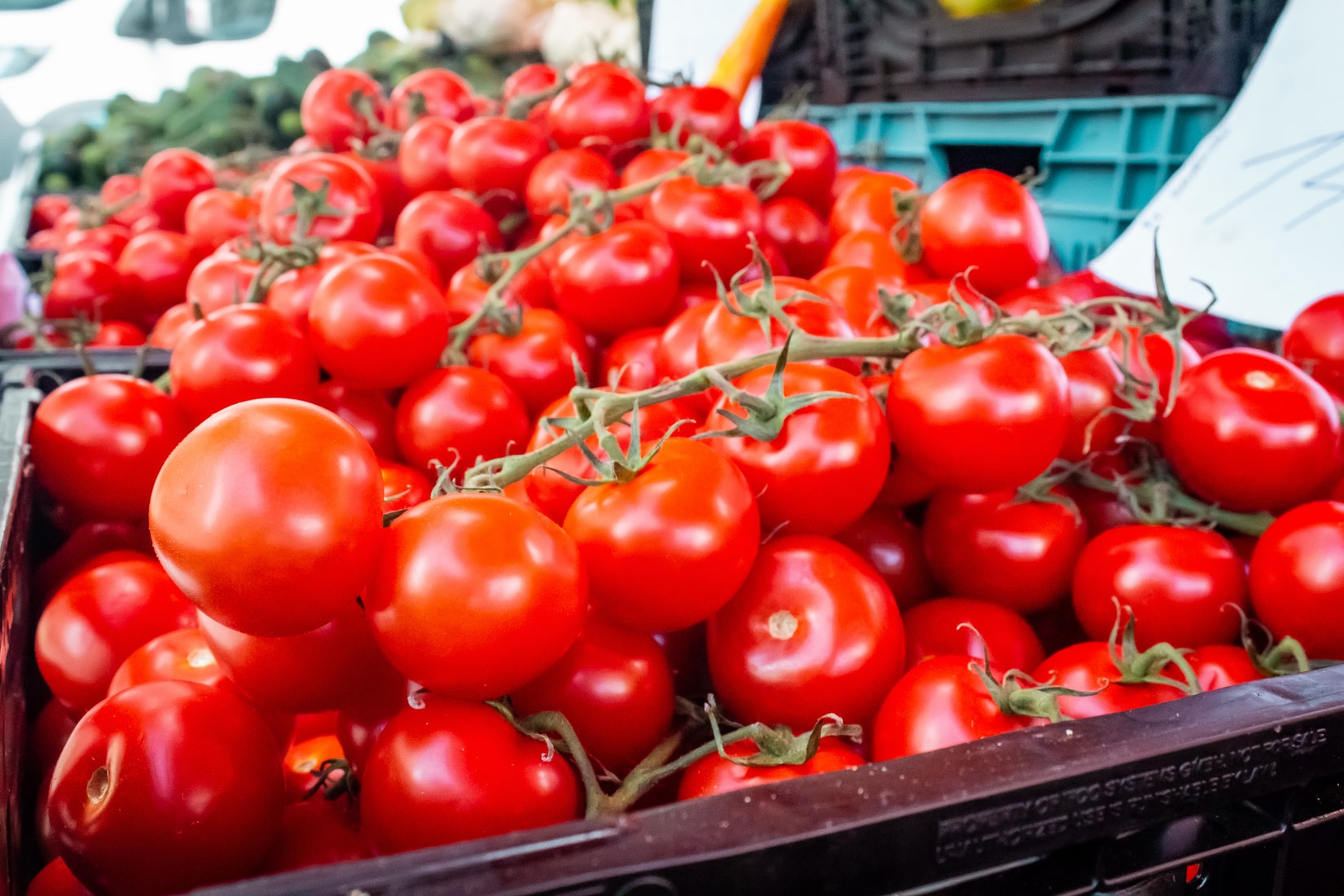Food war: yet another batch of fruits and vegetables from Azerbaijan stopped at the Russian border
Russia banned import of tomatoes from Azerbaijan
Russia has banned the import of a large batch of fresh tomatoes, potatoes and cherries from Azerbaijan into its territory. Many say that such measures against neighboring countries on Russia’s border are politically motivated. According to the Azerbaijani expert, in this case, it is also not worth believing in the sincerity of the official statements of the Russian side, but by doing so, Russia harms itself.
- Azerbaijan extends Covid induced quarantine, land borders will remain closed until September 1
- “US will continue to participate in Minsk Group format” – US Assistant State Secretary in Yerevan
- Venice Commission: Azerbaijan’s new Media law is “unacceptable” for Council of Europe member state
What happened?
The Federal Service for Veterinary and Phytosanitary Supervision of Russia (Rosselkhoznadzor) announced a ban on the import of 530.6 tons of plant products from Azerbaijan into the Russian Federation.
As Interfax reports with reference to the department, in June 2022, 30 consignments from Azerbaijan were not allowed to be imported into Russia: 320.9 tons of fresh tomatoes, 99.8 tons of ware potatoes and 109.9 tons of fresh cherries.
The official reason for the return of products was “discovery of quarantine pests – South American tomato moth (Tuta absoluta Povolny), potato moth (Phthorimaea operculella (Zeller) and eastern codling moth (Grapholitha molesta)”.
Background
The ban on various batches of agricultural products from Azerbaijan by Russia began in December of 2020, almost immediately after the second Karabakh war.
Since then, Russia has periodically banned the import of fresh tomatoes and apples produced in Azerbaijan into its territory. Interestingly, such bans almost always coincided with rising tensions between Moscow and Baku.
But after the outbreak of the Russian occupation war against Ukraine and the introduction of unprecedented international sanctions against it, Moscow softened its attitude towards the import of vegetables and fruits from abroad. So, from March 5, 2022, the Rosselkhoznadzor lifted the previously imposed restrictions on the supply of crop products from five countries.
“It is allowed to import apples from Azerbaijan, pears from Bosnia and Herzegovina, stone fruits and nuts from China, stone fruits and pome fruits from Moldova and Serbia and potatoes from Bangladesh”, the ministry said in an official statement.
What happened this time and what is the reason for another ban on the import of Azerbaijani agricultural products to Russia? With this question, JAMnews turned to expert Asim Kerimov.
Expert opinion
According to Karimov, the current incident with the return of Azerbaijani products is no different from the previous ones:
“To speak frankly, apart from the producers themselves, who naturally suffer heavy losses as a result of such incidents, no one takes seriously those official reports of the Rosselkhoznadzor, which indicate the abstruse names of all pests allegedly found in products.
What is not clear is why the Russian state structures’ work is so fragmented. After all, Russian Foreign Minister Sergei Lavrov is expected to visit Baku tomorrow, and all issues could be resolved through diplomacy without bans on the same tomatoes.
As for relations between official Baku and Moscow, they deteriorated at the end of 2020, when Russia almost forcibly stopped the second Karabakh war and sent its army into that part of Karabakh where the Armenian population of Azerbaijan lives. It was at that time that this tomato-apple ‘wars’ began.
With the entry of the Russian army into the sovereign territory of Ukraine, relations only worsened. It’s no secret that Azerbaijan supports the territorial integrity of Ukraine and always refers to the observance of international law in resolving controversial issues.
Some people in Moscow do not like this approach. During these five months, we have already witnessed bans on information sites, it even came to the threat of using nuclear weapons. And it goes beyond that.
Let me give you a fresh example. For two days now, the city of Khankendi (Stepanakert) has disappeared from the Karabakh maps of the Russian Ministry of Defense. It is stupidly not on the maps of the territory under the control of peacekeepers. Do you think the Russian Ministry of Defense forgot to put the name of this city on the maps? No, it has always been there. This is probably some kind of challenge to Yerevan from Moscow.

These are the methods used in the Kremlin. For some, they hint at the non-existence of the city, with others they ban the import of tomatoes.
It is also interesting that by banning the import of agricultural products from abroad, Russia is harming itself. In the period of the most severe international sanctions, when the country already lacks everything necessary, to ban the import of products, to put it mildly, is not very smart.”



















